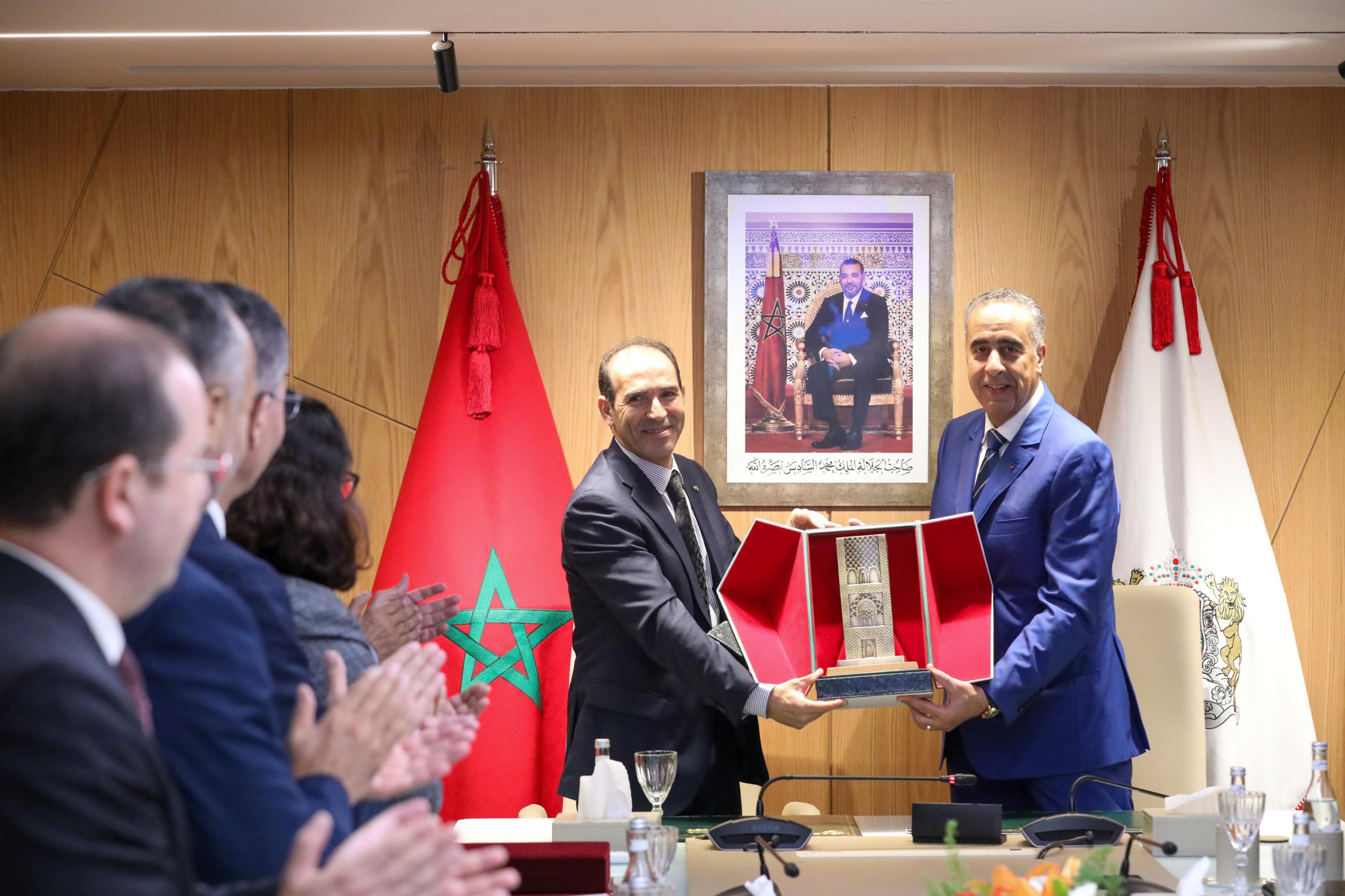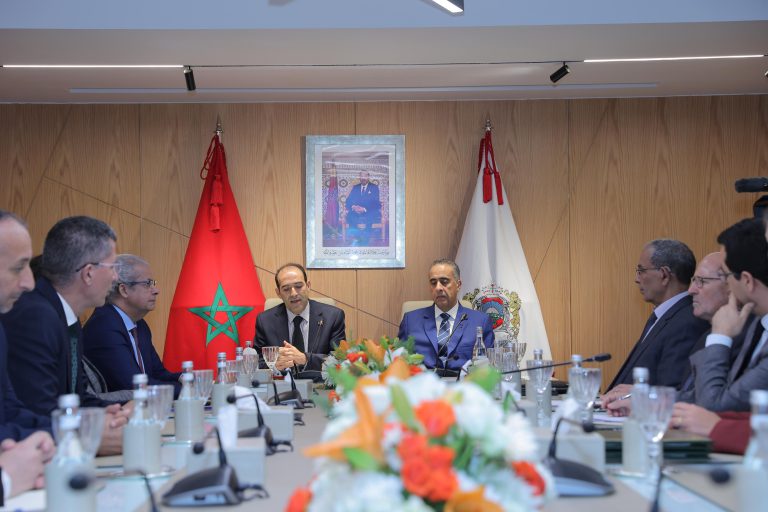Hammouchi and Benalilou seal a strategic partnership to strengthen integrity and the fight against corruption

An institutional partnership and cooperation agreement was signed on Tuesday, October 7, 2025, in Rabat between the National Authority for Probity, Prevention and the Fight against Corruption (INPPLC) and the Directorate General of National Security and the Directorate General of Territorial Surveillance (DGSN-DGST). This agreement marks a major milestone in consolidating the Kingdom’s institutional front against the risks and threats posed by corruption.
With both strategic and legal significance, the convention goes beyond a simple technical cooperation mechanism. It symbolizes the State’s clear determination to establish lasting coordination between an independent constitutional body and a sovereign security institution. Together, they aim to implement a comprehensive approach in which prevention and enforcement complement each other to strengthen the resilience of the State and society against corrupt practices.
Signed by Mr. Abdellatif Hammouchi, Director General of National Security and Territorial Surveillance, and Mr. Mohamed Benalilou, President of the INPPLC, the agreement is based on a shared conviction: the Authority’s missions—receiving and processing complaints, gathering information, and conducting investigations—cannot achieve their full effectiveness without close cooperation with security services. This synergy ensures professionalism, efficiency, respect for the rule of law, and the protection of human rights.

The agreement also reflects a strong institutional awareness of the strategic role played by modern security bodies in promoting good governance. It aligns with international best practices, reinforcing Morocco’s position as a committed actor in global efforts to promote transparency and public integrity.
Among the main objectives are the strengthening of the partnership between the two institutions, enhanced coordination and information sharing, and capacity-building programs through training, exchange of expertise, and best practice sharing. The convention also aims to bolster Morocco’s institutional standing regionally and internationally while supporting the Kingdom’s international commitments in combating corruption.
The areas of cooperation encompass several concrete initiatives: exchange of data and technical tools, specialized training sessions on investigation and detection techniques, the drafting of joint reference guides, and the creation of a national early-warning system and a corruption risk map. Awareness campaigns will also be organized to promote transparency and integrity values in professional environments.
The agreement further allows the INPPLC to provide its expertise to the DGSN-DGST to support the implementation of Morocco’s international anti-corruption commitments. In return, the Authority will benefit from the advanced technical features of the new electronic national identity card, in full compliance with national and international legal frameworks.
Ultimately, this agreement transcends operational cooperation to stand as a renewed strategic declaration: the fight against corruption is not a mere technical issue, but an institutional and national imperative. In line with the High Royal Directives and constitutional provisions enshrining transparency and probity, Morocco reaffirms its determination to make the fight against corruption a strategic priority, a pillar of the rule of law, good governance, and citizen trust.